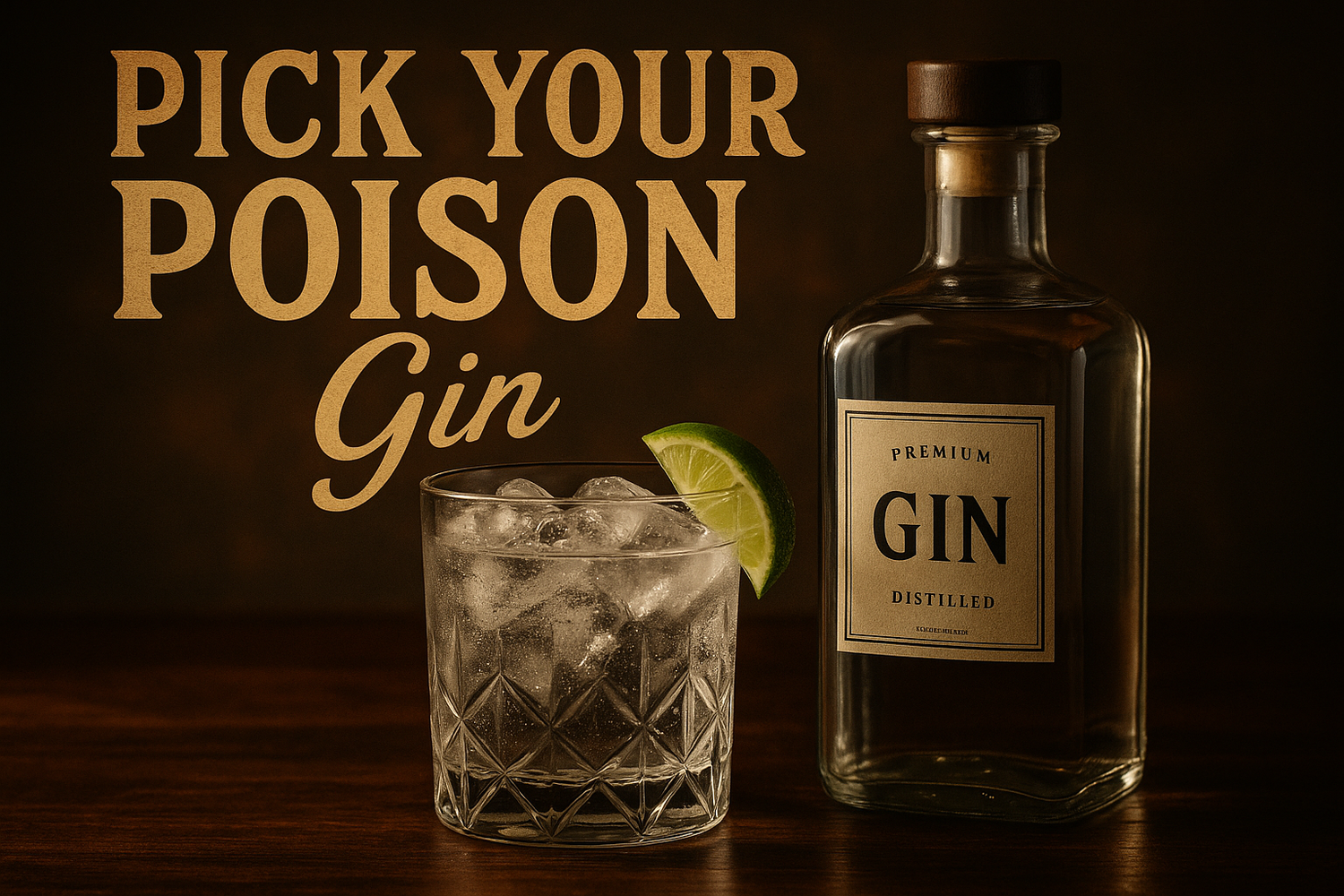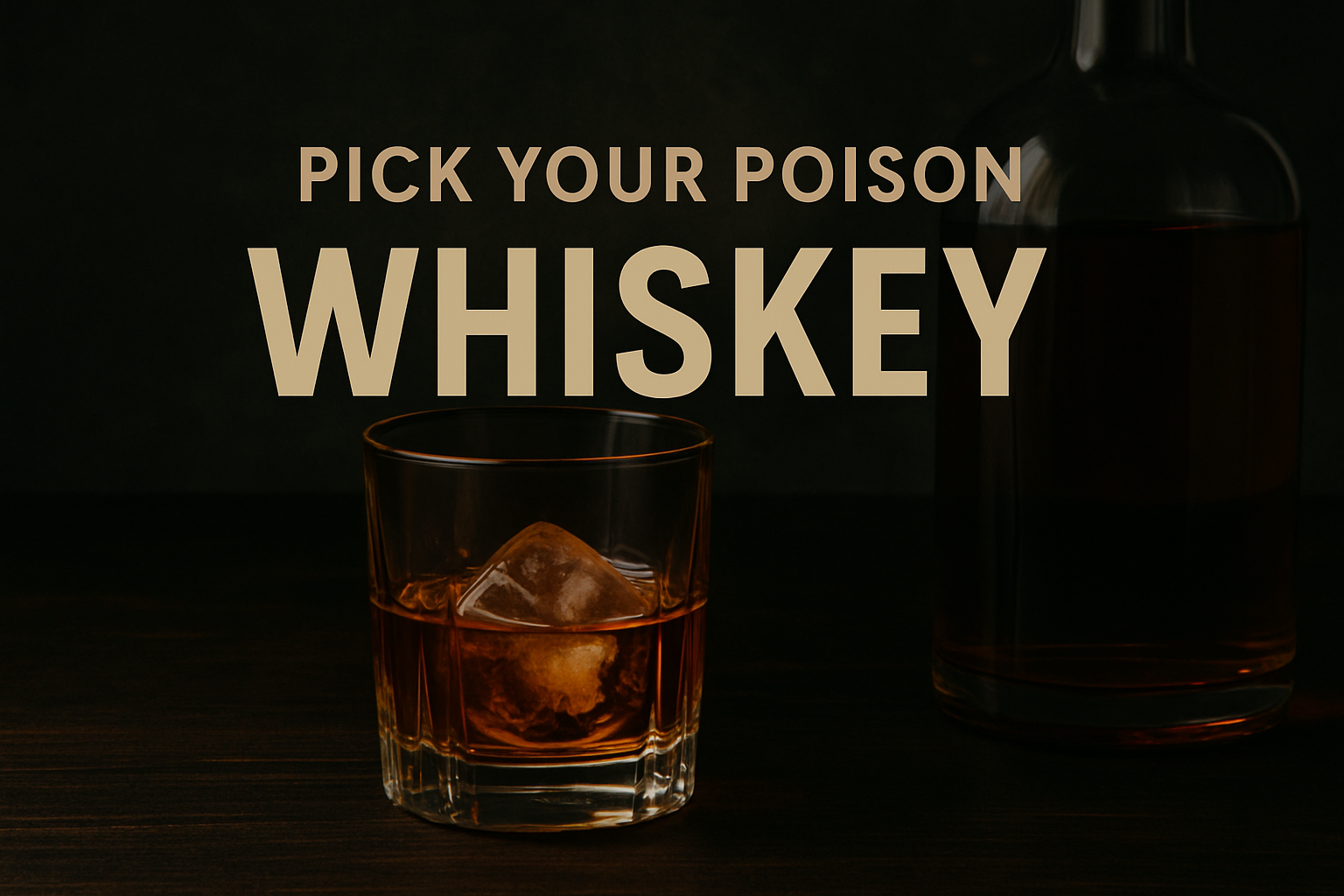Botanical Beauty With a Bitter Bite
Gin is the kind of spirit that divides people—you either love its piney, floral complexity, or you think it tastes like you just licked a Christmas tree. But whether you prefer it in a crisp martini or a tall gin and tonic, one fact remains: it’s still a poison, dressed up in botanicals.
From Medicine to Martini
Gin’s story starts in the Netherlands in the 1600s, where “jenever” was crafted by distilling malt wine with juniper berries. The drink was originally touted as a medicinal cure-all—good for circulation, digestion, and even kidney ailments (a claim modern science does not endorse).
When British soldiers encountered jenever during the Thirty Years’ War, they brought it home and gave it a snappier name: gin. By the 18th century, London was deep in the throes of a “Gin Craze,” with cheap, potent gin flooding the streets and inspiring the infamous phrase “drunk for a penny, dead drunk for two.”
The Botanical Allure
Gin’s signature flavor comes from juniper berries, but distillers often add layers of complexity with coriander, citrus peel, angelica root, and a garden’s worth of botanicals. The result is a spirit that can taste earthy, floral, spicy, or citrusy—sometimes all at once.
It’s this complexity that makes gin such a bartender favorite, adaptable to cocktails ranging from the elegant French 75 to the refreshing Tom Collins. But while the flavor might be lighter than whiskey or rum, your liver doesn’t give style points.
A Toxic Truth in Disguise
Like every alcoholic drink, gin’s ethanol is broken down into acetaldehyde—a compound far more toxic than the alcohol itself. And gin, often consumed with mixers, can also deliver a sugar punch that amplifies inflammation and dehydration. The result? A hangover that’s more botanical bite than refreshing bloom.
Where Antivenom Fits In
We’re not here to tell you not to enjoy a gin and tonic on a summer afternoon. We are here to remind you that your body pays a price. Antivenom supports your body’s natural detox process, binds toxins like acetaldehyde, and helps you bounce back faster—so your love for gin doesn’t turn into next-day regret.
Because even the prettiest poison is still poison.




Leave a comment
This site is protected by hCaptcha and the hCaptcha Privacy Policy and Terms of Service apply.